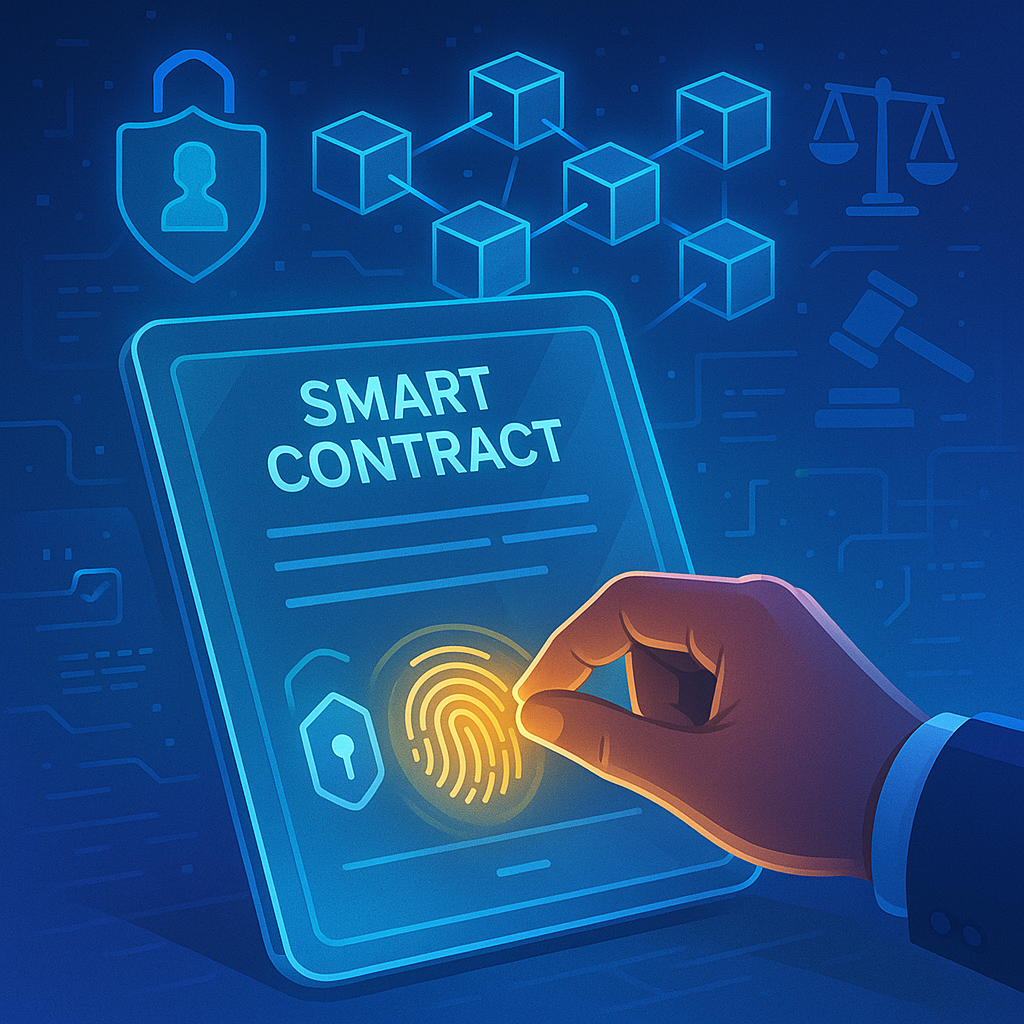Companies are increasingly shifting their processes to the digital realm — including the signing of important documents. This shift raises a crucial question: could blockchain technology shape the future of legal agreement signatures? Let’s dig into what this means and why it’s significant.
🔍 What Are Blockchain-Based e-Signatures?
A blockchain-based e-signature is a digital signature that uses a blockchain network to track. When someone signs a document, this action gets a secure record across multiple computers . This method ensures the record can’t be altered or erased. In essence, it offers a secure and reliable way to sign documents online.
🧠 Why Do Legal Agreements Need Blockchain?
When we sign contracts online today most e-signature services store that record on one company’s server. This means someone could alter the record later without your knowledge. Blockchain has a solution to this problem because:
- 🛡️ It has a high level of security — The data undergoes encryption and distribution across a network.
- ✅ It prevents later changes — The system locks every action.
- 🕰️ It maintains an accurate timeline — Blockchain keeps track of when and who signed each part of the document.
This makes blockchain a strong option to consider for important legal agreements.
🚀 Benefits of Blockchain-Based Signatures
Here are some concrete advantages to using blockchain for e-signatures:
- ✅ More reliable — People can’t change documents.
- ✅ Quick and simple — Signing happens right away from any location.
- ✅ Worldwide acceptance — People can sign from any country.
- ✅ Detailed record — You can trace each step if a legal problem ever pops up.
🌍 Real-World Examples in Use Today
Some businesses and groups have begun to use blockchain for signatures:
- DocuSign and similar firms are trying out this technology to improve security.
- New companies like Signatura offer blockchain e-signing for better protection.
- Even some governments such as Estonia, have started using blockchain to safeguard legal signatures and citizen info.
🔮 What’s Next for Blockchain and Legal Agreements?
As legal work shifts more and more to the online world, blockchain-powered e-signatures look set to become the new norm. This tech is already boosting safety in cross-border business dealings and helping to build confidence in digital contracts. It’s not just a passing fad — it’s the way we’ll sign agreements in the future.
